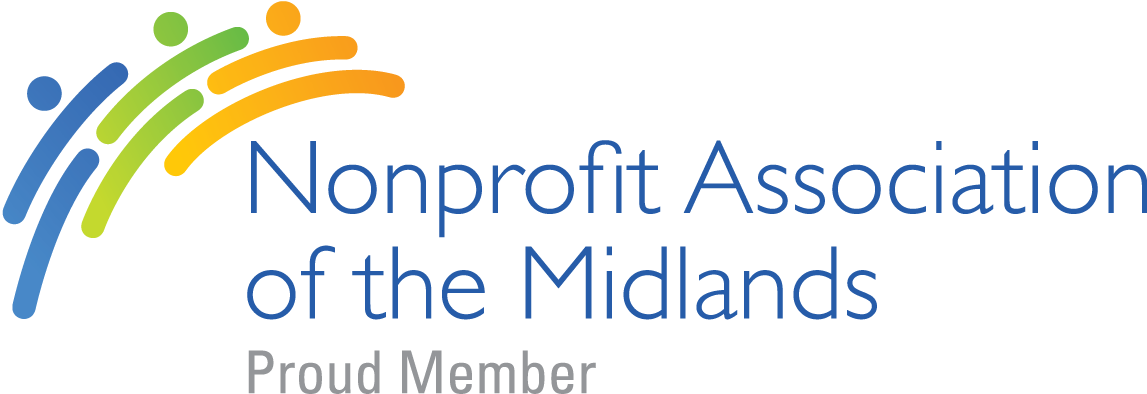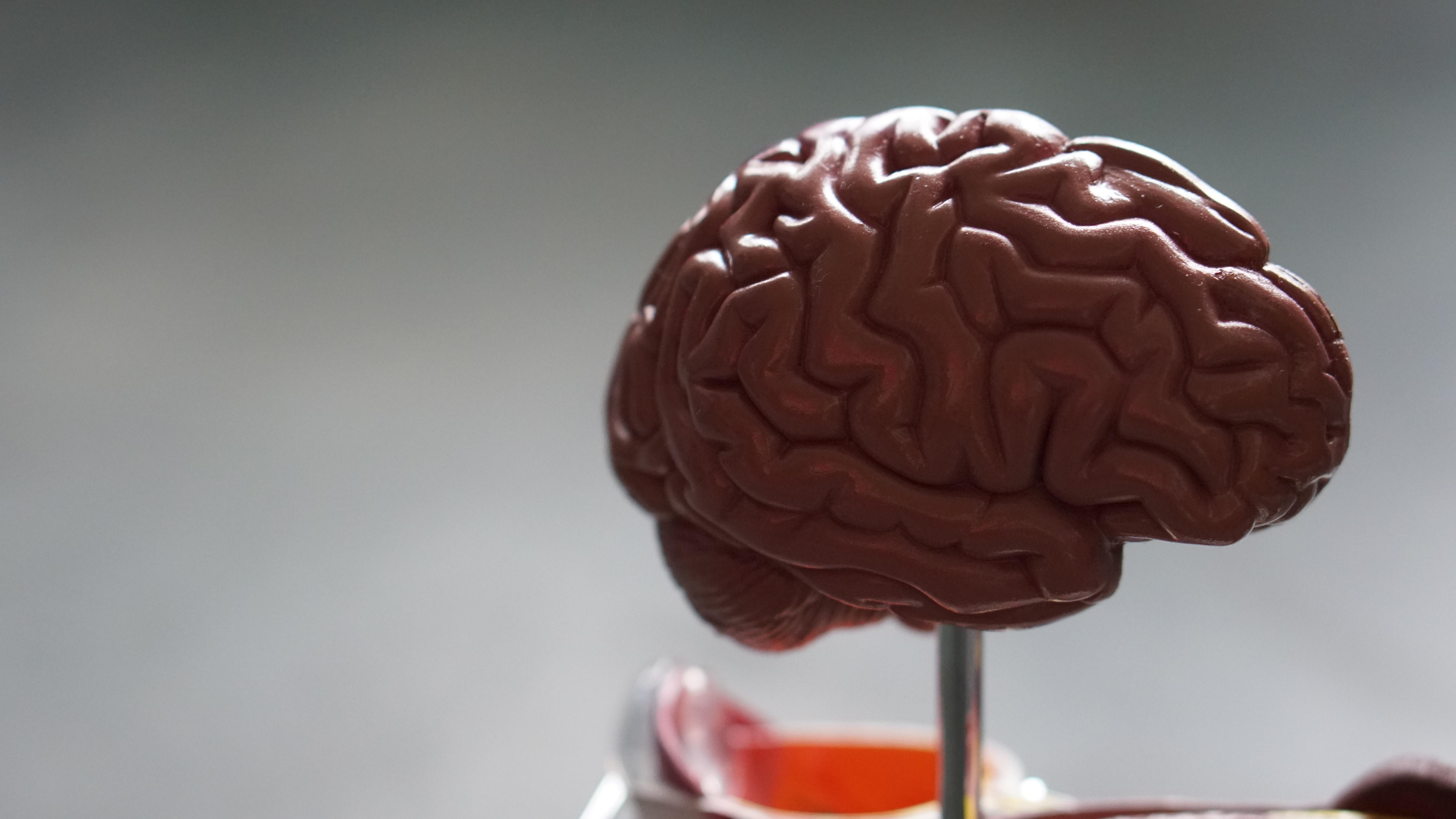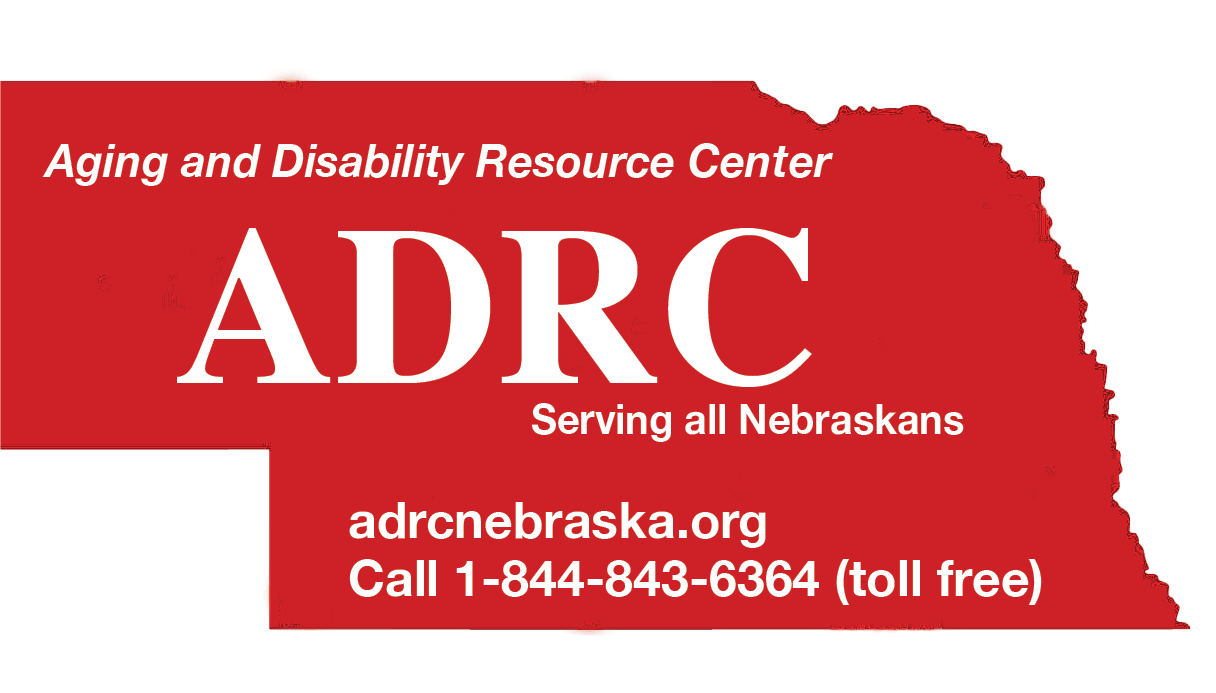What comes to mind when you hear “brain injury?” Is it severe impacts to the head like those sustained in a car accident or a bad fall? Or something gruesome like a construction site accident? More often than not, our minds jump to the most severe injuries. However, brain injury is quite broad.
Let’s explore the primary category of brain injury and its subtypes and get a clearer picture of what brain injury is.
Acquired Brain Injury
An acquired brain injury is an Injury to the brain, which is not hereditary, congenital, or degenerative, that has occurred after birth. These include brain tumors, anoxia/hypoxia, infections of the brain, stroke, aneurysm, ingestion of toxic substances, and the following are all sub-types of ABI:
Traumatic Brain Injury (TBI)
A traumatic brain injury is defined as an injury caused by a bump, blow, or jolt to the head, or a penetrating head injury that disrupts the brain’s normal functions. These types of brain injury also include concussion.
Concussion
A concussion is a brain injury caused by a bump, blow, or jolt to the head that can change how your brain normally works. Concussions can also occur from a fall or a blow to the body that causes the head and brain to move quickly back and forth.
Health care professionals may describe a concussion as a "mild" brain injury because concussions are usually not life-threatening. Even so, their effects can be very serious and lead to future disabilities. Learn more about concussions on our Concussions page.
Why is it important to recognize a brain injury?
Brain injuries can have long-lasting side effects and symptoms. Similar to the example above, it can be easy to jump to the severe and most obvious effects when we hear about brain injury symptoms. However, more often than not, the symptoms are far more subtle and just as devastating, especially if left undiagnosed and untreated.
There are three main areas that brain injury symptoms fall into:
- Physical
- Mental/Cognitive
- Emotional
Physical Effects
- Seizures of all types
- Muscle spasticity
- Double vision or low vision, even blindness
- Loss of smell or taste
- Speech impairments such as slow or slurred speech
- Headaches or migraines
- Fatigue or increased need for sleep
- Balance problems
Mental/Cognitive Effects
- Short-term memory loss; long-term memory loss
- Slowed ability to process information
- Trouble concentrating or paying attention for periods of time
- Difficulty keeping up with a conversation; other communication difficulties such as word-finding problems
- Spatial disorientation
- Organizational problems and impaired judgment
- Unable to do more than one thing at a time
- A lack of initiating activities, or once started, difficulty in completing tasks without reminders
Emotional Effects
- Increased anxiety
- Depression and mood swings
- Impulsive behavior
- More easily agitated
- Egocentric behaviors; difficulty seeing how behaviors can affect others
All of these effects or symptoms can affect areas such as work, relationships, finances, and overall wellbeing. It can be overwhelming and scary to think about and navigate, but the good news is that you don’t have to navigate through the world of brain injury alone.
Our Associations & Memberships
-
 Nonprofit Association of the Midlands
Nonprofit Association of the Midlands -
 NAM Best Practices Partner
NAM Best Practices Partner





